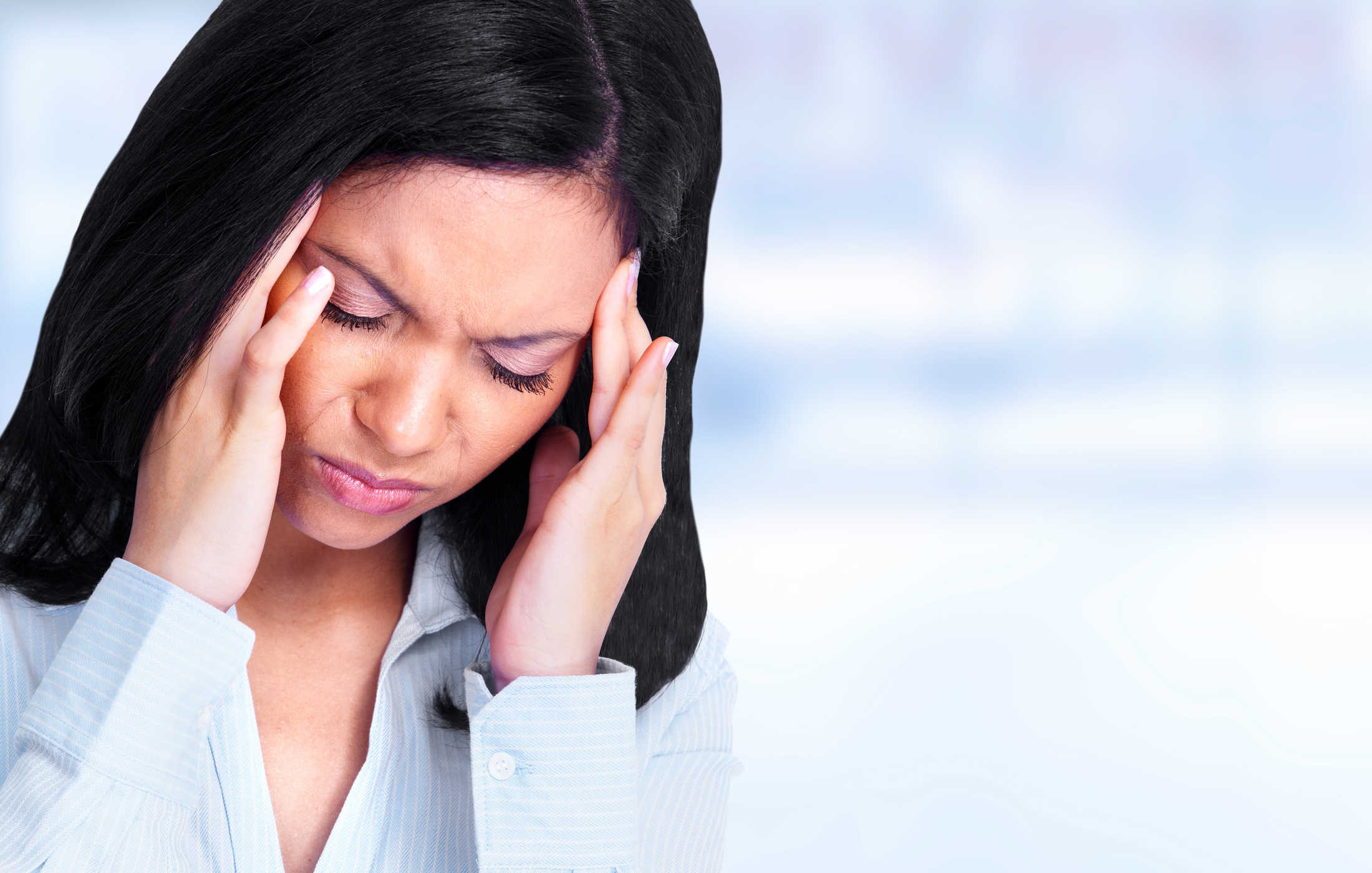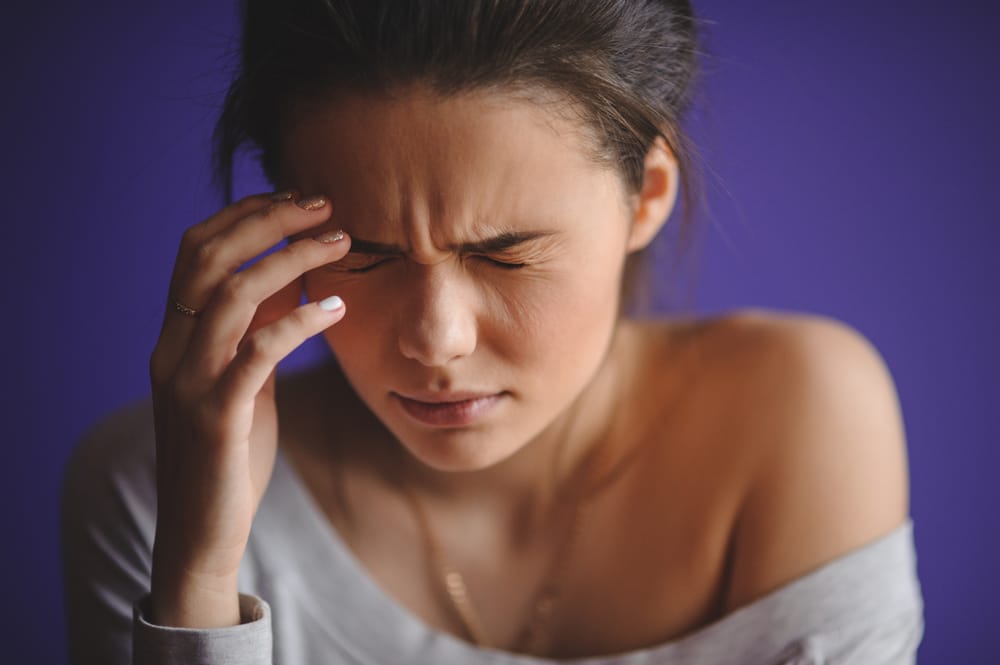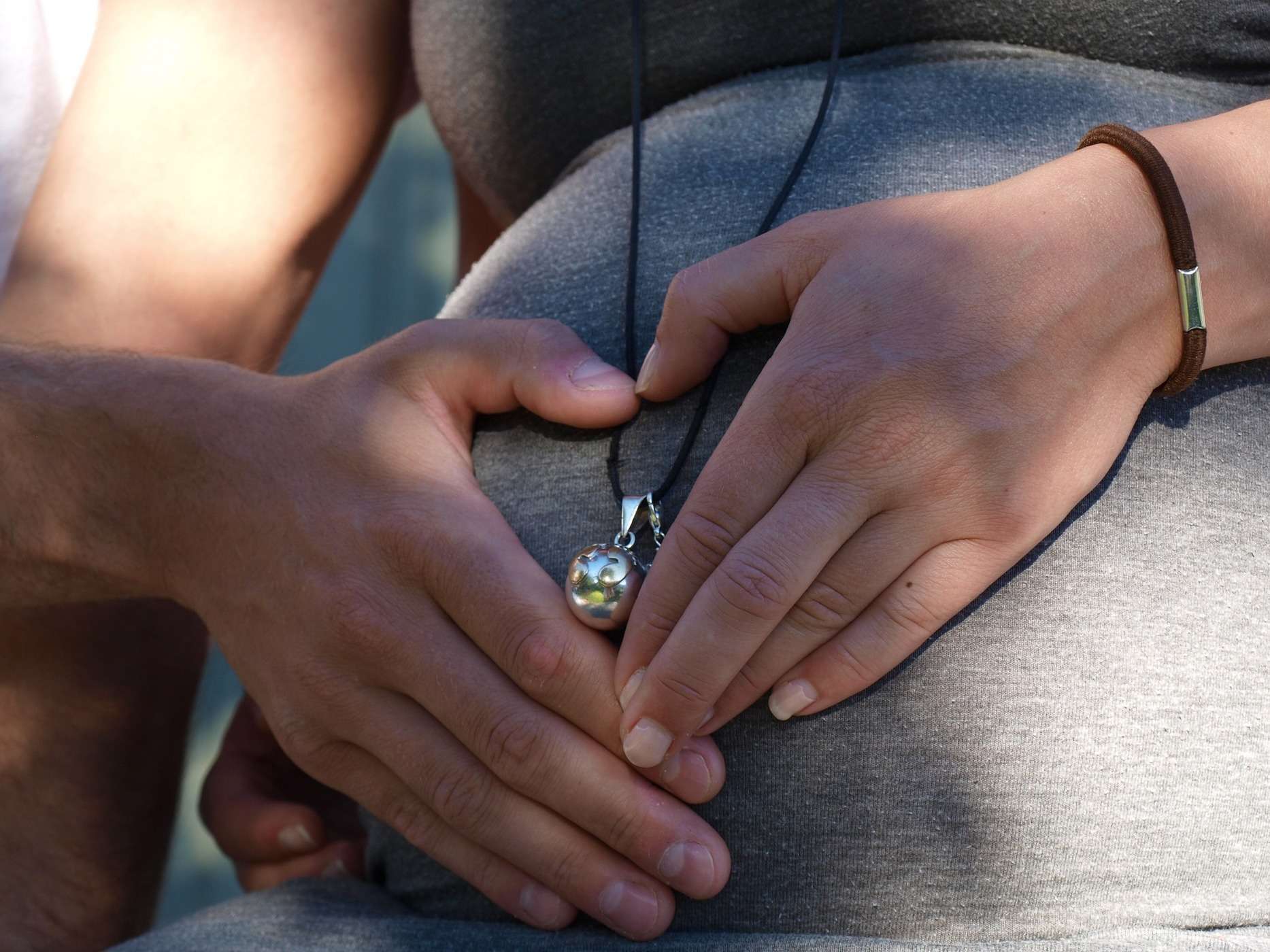Contents:
- Medical Video: What is Akathisia?
- What is akathisia?
- What are some signs of someone experiencing akathisia?
- What causes akathisia to occur?
- Risk factors for akathisia
- How do you deal with akathisia?
Medical Video: What is Akathisia?
Akathisia is a symptom caused by side effects of certain drugs that cause an uncontrollable urge to move the legs. It often happens after someone starts a new treatment. What is the cause? Here's the explanation.
What is akathisia?
Akathisia is a symptom caused by side effects of the drug which results in feelings of anxiety and can not be quiet, thus encouraging you to always move, especially your feet. This term comes from Greek akathemi, which means never sitting.
Akathisia is not a condition in itself, but a side effect of old generation antipsychotic drugs used to treat mental health conditions such as bipolar disorder and schizophrenia. However, these side effects can also occur in the new generation of antipsychotic drugs.
Between 20 and 75 percent of people taking this drug will experience side effects, especially in the first few weeks after starting treatment.
Akathisia is divided into three types, based on the timing of the appearance of side effects, namely:
- Acute Akathisia develops as soon as an antipsychotic drug is taken, and lasts for less than six months.
- Chronic Akathisia last longer than six months.
- Accordia tardif developed several months or years after consuming antipsychotic drugs.
What are some signs of someone experiencing akathisia?
People will naturally feel an uncontrollable urge to move and appear nervous. Generally, people who experience these side effects will cause one or all of the following symptoms:
- Restless and panic
- Can not wait
- Easy to get angry
To alleviate anxiety and uncontrollable movements, usually the person will do repetitive movements such as:
- Swing your arms and your whole body, either standing or sitting.
- Move body weight from one leg to the other (when standing).
- Walk in place.
- Back and forth.
- Dragging feet while walking.
- Lifting the knee like being in a row.
- Extend your legs or swing your legs while sitting.
It is important for people who experience these side effects to get medical help when starting to show symptoms. The doctor can easily adjust the treatment to alleviate these side effects, while still taking care of the conditions before giving the drug.
What causes akathisia to occur?
Akathisia is a side effect of old generation antipsychotic drugs to treat schizophrenia, bipolar disorder, and severe depression. These drugs include chlorpromazine (Thorazine), flupentixol (Fluanxol), fluphenazine (Prolixin), haloperidol (Haldol), loxapine (Loxitane), molindone (Moban), perphenazine (trilafon), pimozide (Orap), prochlorperazine (Compro, Compazine ), thioridazine (Mellaril), tiotixene (Navane), and trifluoperazine (Stelazine).
In addition, other medicines are called atypical (non-specific) antipsychotics, which are new generation antipsychotic drugs that may also cause the same side effects. These drugs include olanzapine, risperidone, lurasidone, ziprasidone, quetiapine, and paliperidone.
However, doctors cannot confirm why these side effects can occur. Some doctors assume that this side effect occurs because antipsychotic drugs block brain receptors that are sensitive to dopamine. Dopamine is an important neurotransmitter (brain chemical) that functions as an introduction to messages or stimulation between nerves, and as a hormone, which helps control movement. However, other neurotransmitters including acetylcholine, serotonin, and GABA may also play a role in these side effects.
In addition to antipsychotic drugs, several other drugs that can also cause akathisia are:
- Selective Serotonin Reuptake Inhibitors (SSRIs)
- Calcium channel inhibitors
- Tranquilizers before surgery
- Nausea medicine
- Medication for dizziness and vertigo
Risk factors for akathisia
Not everyone will experience these side effects. However, some people can be at high risk of experiencing these side effects if:
- Use higher doses of older generation antipsychotic drugs.
- The dose of the drug you are consuming is high.
- Middle-aged or older adults.
- Raising the dose very suddenly.
- People with certain medical conditions include traumatic brain injury (TBI), Parkinson's disease, or encephalitis (inflammation of the brain).
How do you deal with akathisia?
The first step in overcoming it is to reevaluate the drug that causes akathisia. In addition, doctors may prescribe additional drugs such as antiviral drugs, benzodiazepines (tranquilizers), blood pressure medications, and anticholinergic drugs.
Some studies show that vitamin B6 can help reduce these side effects. In one study, high doses of vitamin B6 were tested together with antidepressants and placebo. The results show that vitamin B6 improves symptoms better than placebo. Antidepressants and mianserin can also improve symptoms.
People who need antipsychotic drugs usually receive a low dose initially and will be added slowly. Although new generation drugs can help prevent these side effects, there is evidence that people who take them in high doses are equally at risk.












